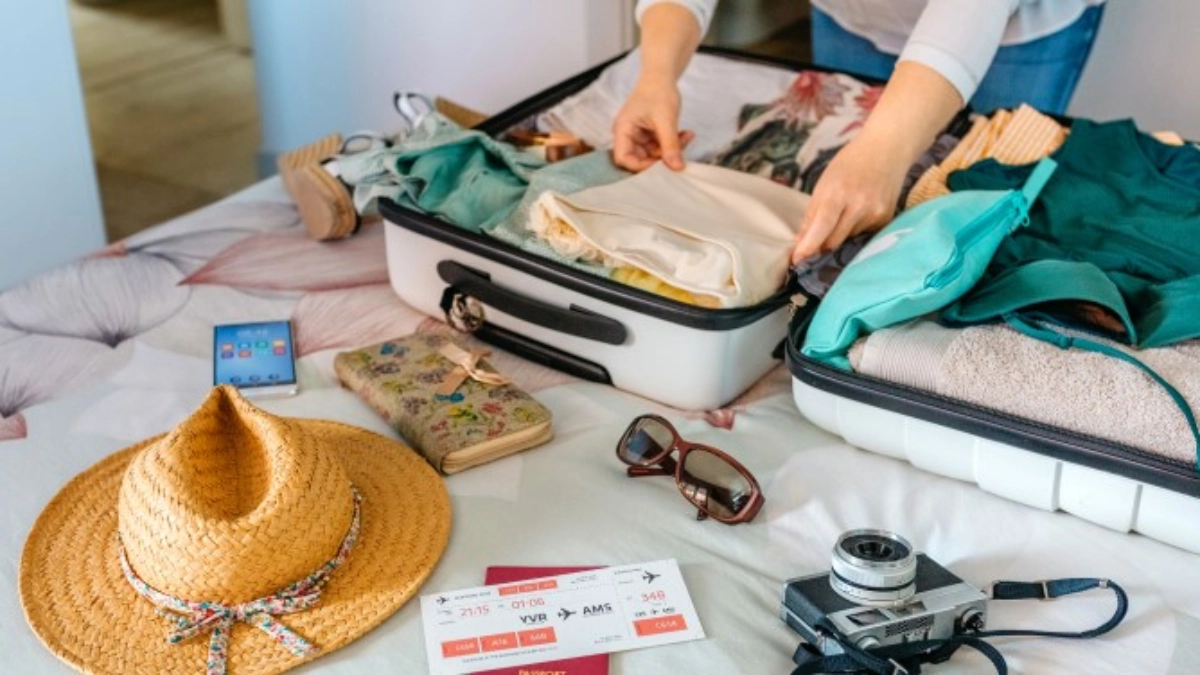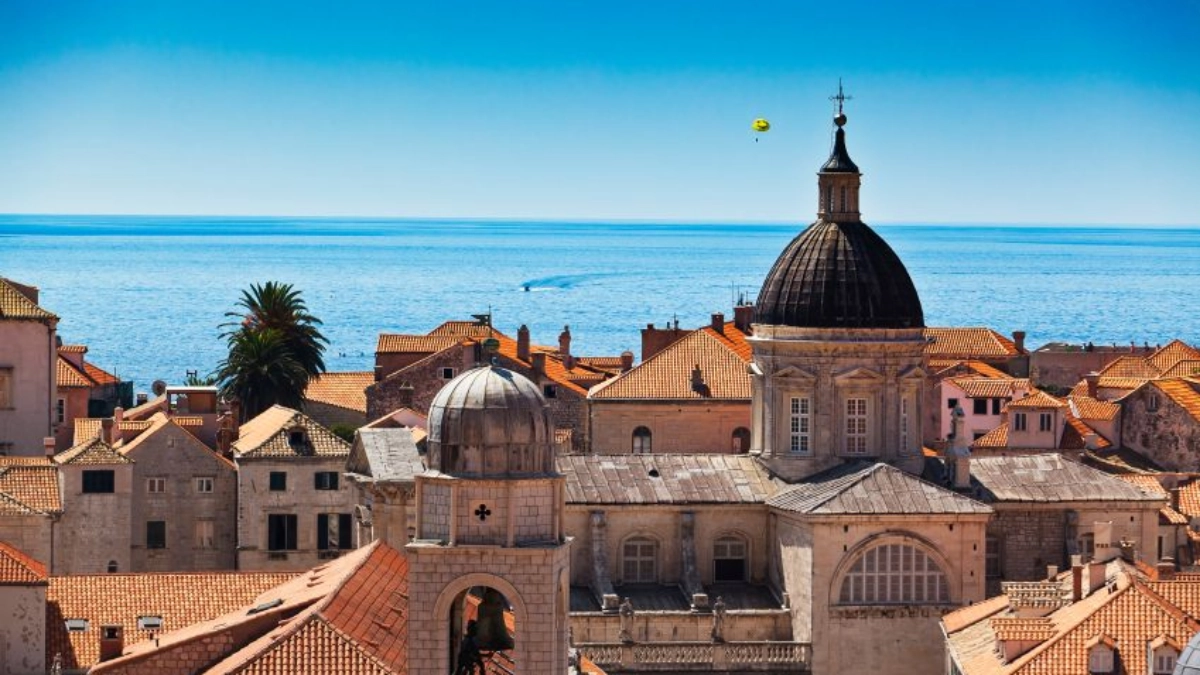For anyone who wants to travel with osteoporosis and osteopenia, good planning, a loosely structured routine and a few precautionary measures will help you enjoy your holiday and minimise any discomfort and the chances of having a fall.
According to the NHS there are a reported 250,000 fractures every year as a result of trips and falls which could otherwise be prevented with the correct care and planning in place. One of the main concerns when travelling with osteoporosis or osteopenia is the raised level of activity in a new environment which increases the chances of a fall and a potential break.
To help you enjoy your holiday, we’ve put together a few tips for travelling with osteoporosis or osteopenia.
Preparing for your trip
Good preparation for your holiday will underpin its success and provide you with peace of mind while away. Visiting your GP to discuss vaccinations should be on everyone’s agenda but for people with osteoporosis and osteopenia there’s a few extra things to consider:
- Pack enough medication to last for your trip with some spare in case of emergencies. Get a letter from your GP explaining what the medication is for and keep copies of this and your prescription with you. Ensure your travel insurance providers can help replace lost medication or prescriptions
- Shop around for quality, easily manoeuvrable luggage and take it for a test spin. Lightweight suitcases with wheels will help you get through airports and stations a little easier and save your neck and back
- Make sure that all of your travel shoes are comfortable, supportive and have a non-slip sole. Break new shoes in over several weeks before your holiday and consider water shoes to help you navigate slippery jetties, pool-sides or wooden decks
During the journey
Comfort and moving around whenever possible should be your main priority when getting to and from your destination, especially on long-haul flights or car journeys lasting more than a few hours. Sitting still for long periods can lead to stiff joints and sore muscles so:
- If you’re flying aim to move around every 45 minutes, if you’re travelling by coach, car or by rail go for a stroll every time you stop for fuel and whenever you stop at a train station
- Arm, leg and foot stretches when seated will help ease muscle soreness, as will pumping your ankles up and down at regular intervals to reduce swelling
- Avoid slumping in your seat and invest in neck and back supports if you like to snooze on long journeys – a soft rolled up jacket can do a similar job if you forget your supports
When you arrive
Once you arrive, it’s time to relax and enjoy your holiday, there’s just a few final things to do and think about to keep your travels fall-free and healthy:
- Store your luggage off the floor and remove any clutter including loose rugs and electrical cords to prevent trips. Make sure that there are nonslip surfaces/mats in showers, tubs and other areas of the bathroom
- Maintaining your diet is also important – indulging in the local cuisine is always a highlight of any holiday but it’s important to keep your calcium and vitamin D levels up
- Schedule in rest days to lounge around the pool, in your chalet or on the beach and give your body a chance to recharge at regular intervals
Please note: The materials in this post are in no way intended to replace the professional medical care, advice, diagnosis or treatment of a doctor. The article does not have answers to all problems. Answers to specific problems may not apply to everyone. If you notice medical symptoms or have questions on the topics raised in this article, please consult your doctor.


